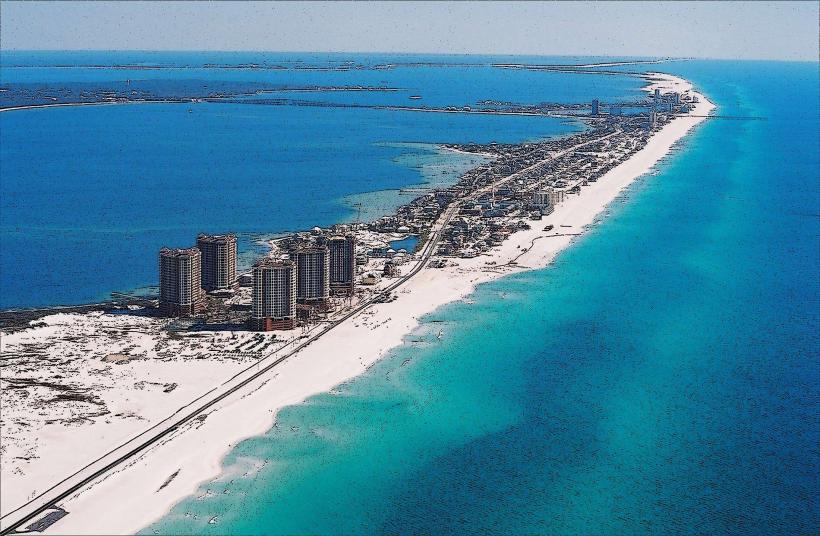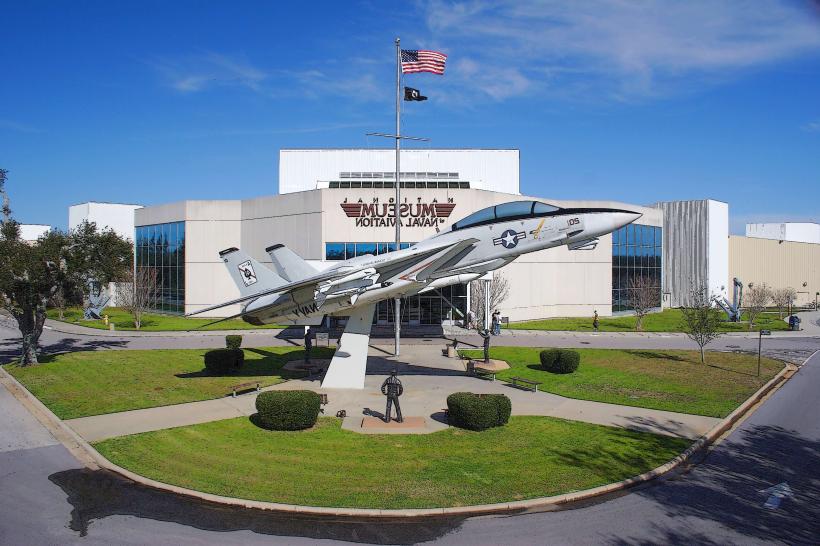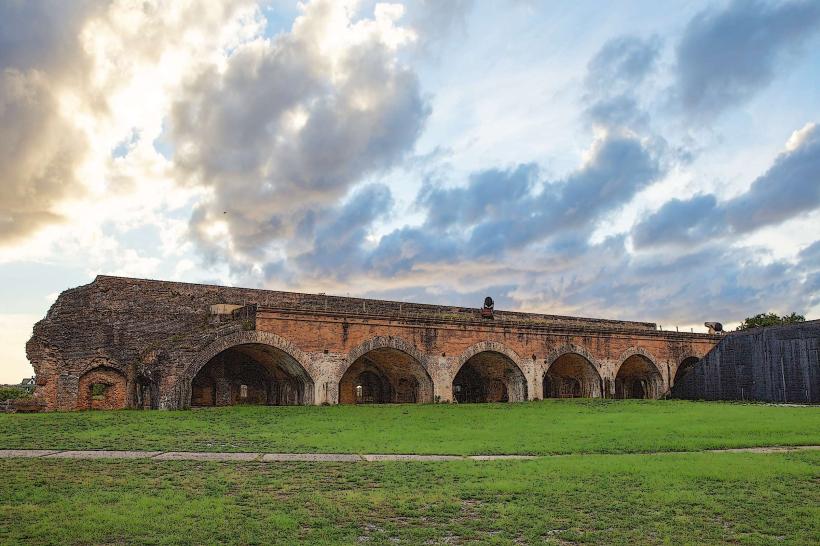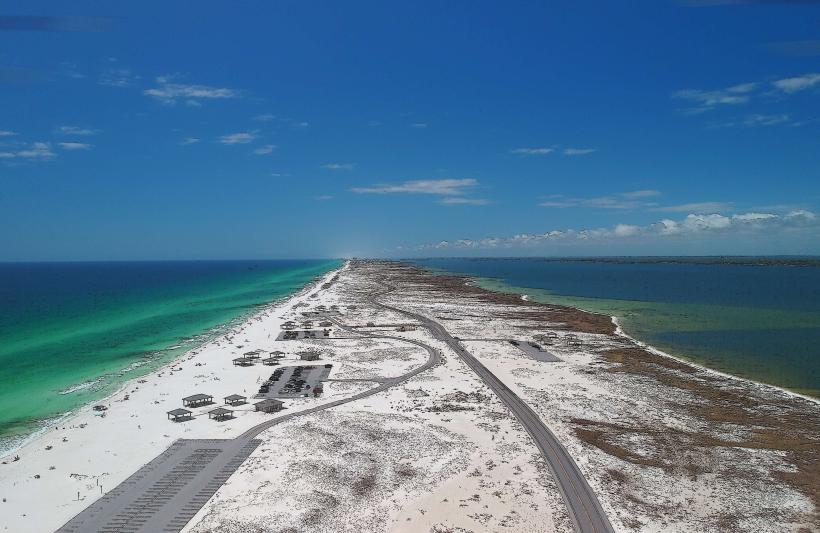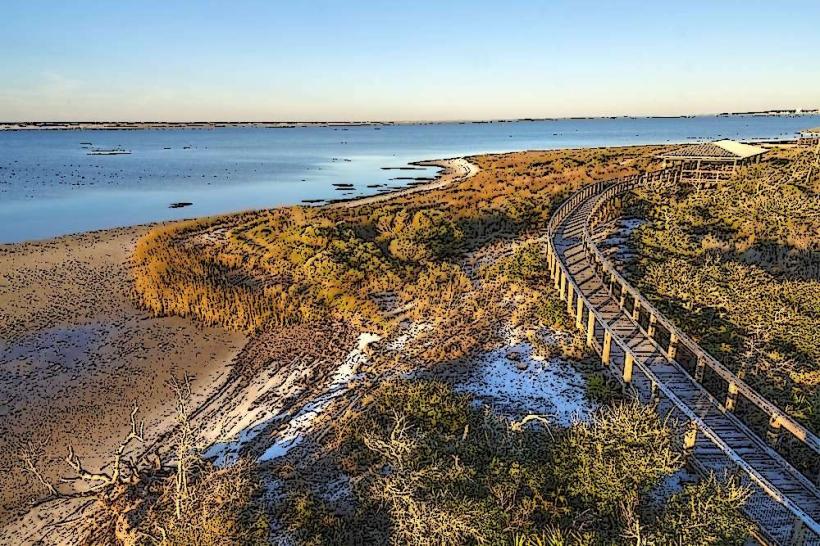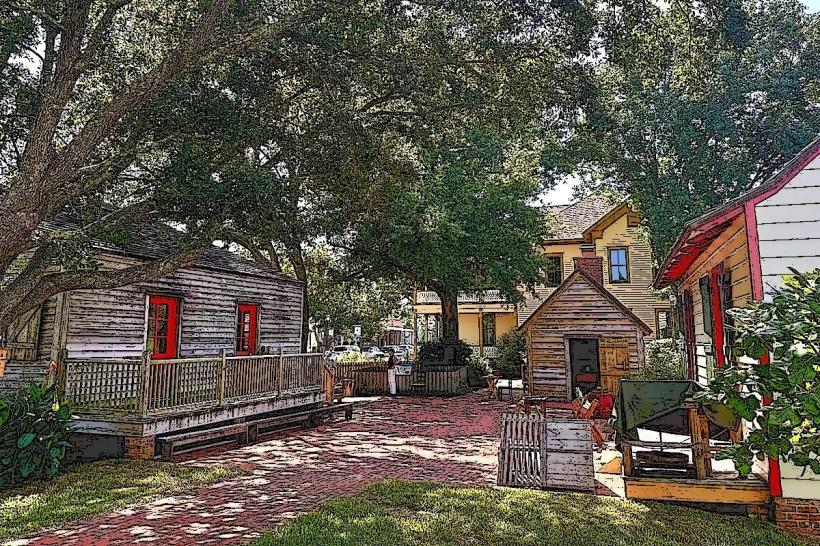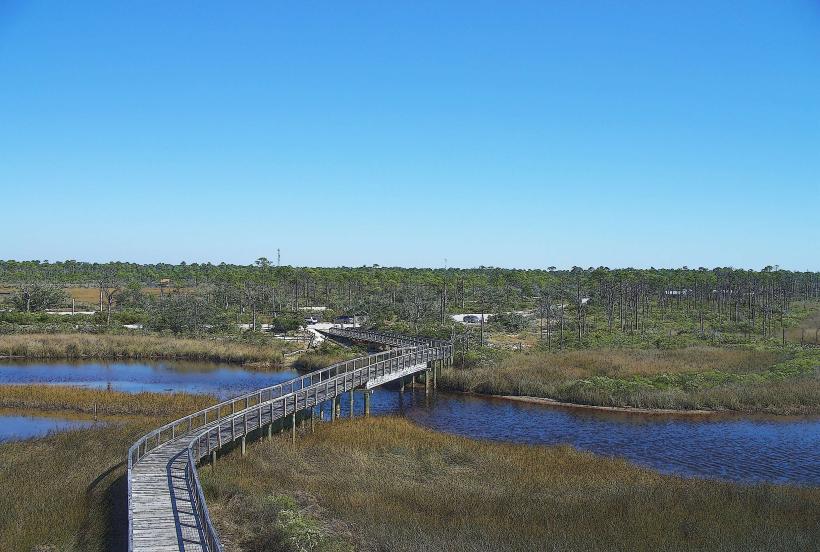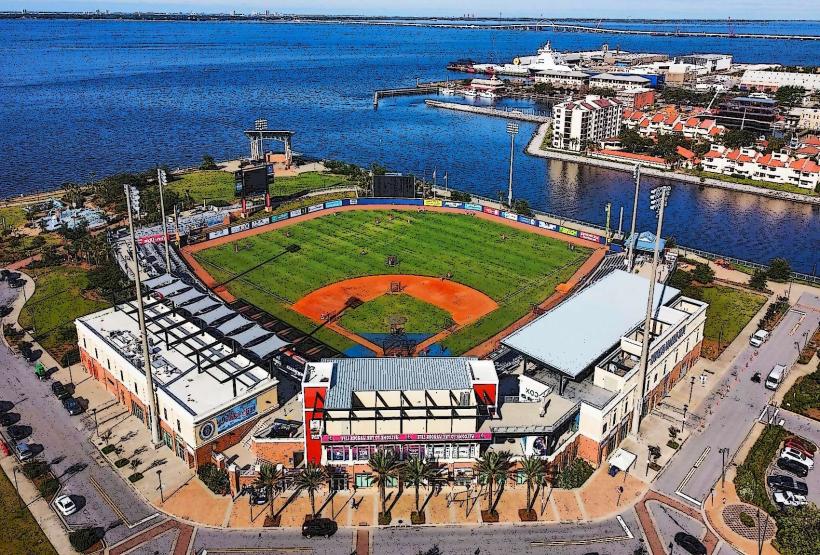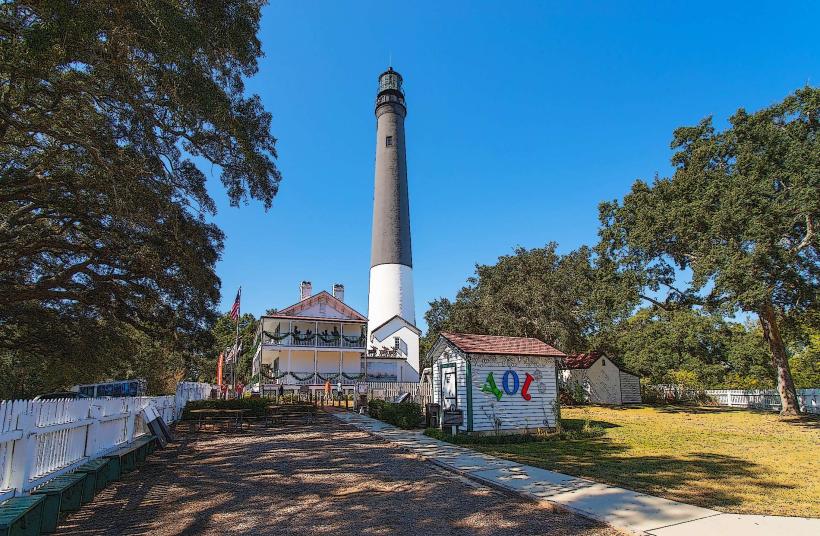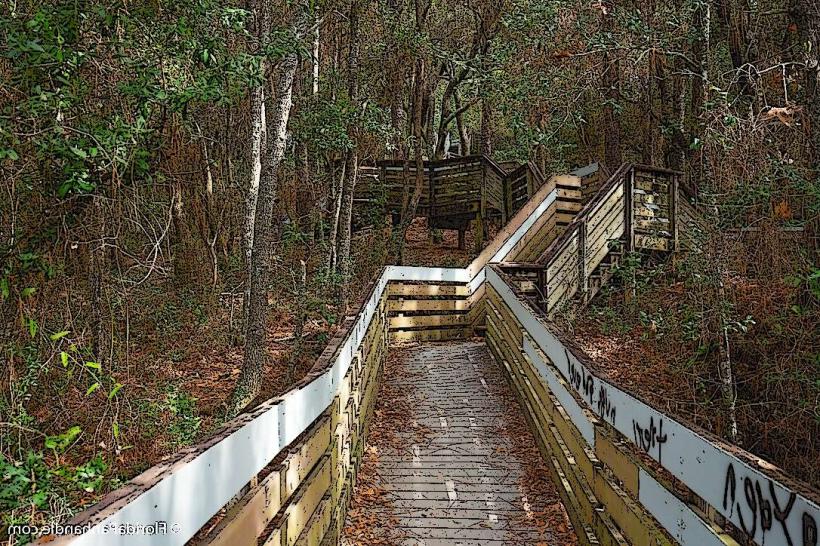Information
City: PensacolaCountry: USA Florida
Continent: North America
Pensacola, USA Florida, North America
Pensacola is the westernmost city in the Florida Panhandle and the seat of Escambia County. Known as the "City of Five Flags," it has been governed by Spain, France, Great Britain, the Confederacy, and the United States. It is a major center for naval aviation and maritime history.
Historical Timeline
Founded in 1559 by Spanish explorer Don Tristán de Luna y Arellano, Pensacola was the first European settlement attempt in the continental United States, predating St. Augustine by six years (though it was temporarily abandoned due to a hurricane). Its deep-water port made it a strategic military prize throughout the 18th and 19th centuries. In 1914, it became the site of the first Naval Air Station (NAS) in the U.S., establishing its permanent identity as the "Cradle of Naval Aviation."
Demographics & Population
The estimated 2026 population for the city proper is 53,898, while the metro area encompasses approximately 366,000.
Median Age: 40.8 years.
Composition: 67.5% White, 21.2% Black or African American, 6.7% Multiracial, 2.8% Asian, and 4.5% Hispanic/Latino.
Economic Indicators: Median household income is $72,699, with a poverty rate of 12.4%.
Urban Layout & Key Districts
Downtown / Palafox Street: The city's cultural heart, featuring Mediterranean-style architecture, the Palafox Market, and a high concentration of monuments.
Historic Pensacola Village: An 8.5-acre park containing 28 properties that trace the city's multi-colonial history.
Belmont-DeVilliers: A historic neighborhood known as the center of Pensacola's African American heritage and blues music scene.
North Hill: A prestigious historic district known for its late 19th-century architecture and rolling terrain.
Pensacola Beach: Located on Santa Rosa Island, known for its iconic beach ball water tower and pristine white sand.
Top City Landmarks
National Naval Aviation Museum: One of the world’s largest aviation museums and home to the Blue Angels flight demonstration squadron.
Fort Pickens: A massive brick fortification on Santa Rosa Island that remained under Union control during the Civil War.
Pensacola Lighthouse & Maritime Museum: Built in 1859, offering panoramic views of Pensacola Pass after a 177-step climb.
Plaza Ferdinand VII: The site where the formal transfer of Florida from Spain to the U.S. occurred in 1821.
Veterans Memorial Park: Home to the "Wall South," the first permanent replica of the National Vietnam War Memorial.
Transportation Network
Pensacola International Airport (PNS) serves as a major regional gateway. Key road arteries include I-10 and US-98. The Pensacola Bay City Ferry connects downtown to Pensacola Beach and Fort Pickens.
Safety & Environmental Alerts (Jan 23, 2026)
Current Weather: Sunny and mild with a high of 19°C (67°F).
Dense Fog Advisory: In effect until 10:00 AM CST today; visibility below 0.25 miles in coastal areas.
Arctic Front: A major cold front arrives Sunday night. Temperatures will plunge from a high of 21°C (71°F) on Sunday to a low of -1°C (31°F) by Monday night.
Marine Warning: Small Craft Advisories are expected by Sunday evening as winds gust up to 30 knots.
Beach Hazard: A High Rip Current Risk is in effect for all Escambia County beaches through Saturday morning.
Digital & Financial Infrastructure
The city is modernizing its transit via the Bob Sikes Bridge toll booth replacement, shifting to an automated open-lane system to reduce congestion. Pensacola is a hub for cybersecurity and aerospace, supported by the Florida Seaport Transportation and Economic Development Grant for maritime expansion. The US Dollar (USD) is the currency; sales tax is 7.5%.
Climate & Air Quality
Pensacola has a Humid Subtropical climate (Cfa) with mild winters and hot, humid summers.
Air Quality: Good (AQI 35).
Resilience: The city is focusing on "Smart Infrastructure" and fiber optic expansion to improve disaster response and traffic management.
Local Cost Index
1 Espresso: $4.00 – $5.50
1 Standard Lunch (Palafox St): $18.00 – $28.00
Median Monthly Rent: $1,451
Cost of Living: Approximately 5% lower than the U.S. national average.
Facts & Legends
Pensacola is known as the "Western Gate to the Sunshine State." A verified fact: The city has been under five different flags since its first settlement attempt. A local legend involves the "Lighthouse Ghost"-the spirit of a former keeper's wife, Jeremiah Ingraham, who is said to haunt the living quarters of the Pensacola Lighthouse.

